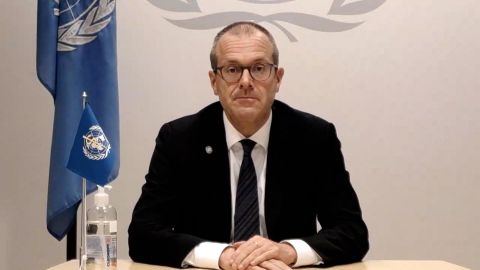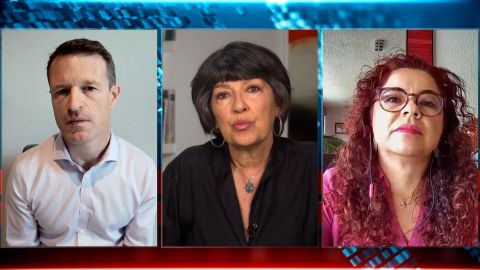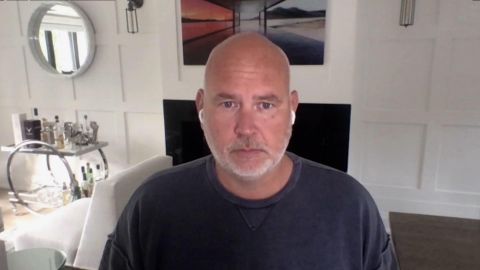Read Transcript EXPAND
MIKE DAVIS, CEO, GLOBAL WITNESS: Yes, thanks, Christiane. What we find in many of these cases where we can clearly identify an association between a killing and particular industry — and the most deadly ones tend to be those to do with logging, agribusiness and mining — is that you have a nexus of companies or a company, and also people who are part of or associated with state security forces. But it’s worth bearing in mind when we talk about companies, although the ones who are most directly implicated may be local firms that you and I and most of CNN’s audience hasn’t heard of, they are invariably plugged into global commodity supply chains. They’re very often dependent on global flows of international finance. And that’s where larger companies come in, and really need to face up to their complicity in these killings. And that’s why we’re calling for governments not just in countries which are dangerous for defenders, but also countries, large economic jurisdictions, including the E.U., where many large multinational companies are domiciled, to introduce legislation which would require companies to do checks — the jargon is due diligence — along their supply chains to make sure that the commodities which they are sourcing are not being produced in a way which gives rise to or has benefited from these types of attacks and killings. And such legislation needs to be backed with clear criminal liability and strong penalties, if it’s to be effective. Happily, we do have an opportunity for such legislation in the E.U. coming up later this year.
CHRISTIANE AMANPOUR: Well, we will wait to see whether that actually produces the results you’re talking about. Let me turn to you, Margarita Campuzano, because there you are in Mexico. You’re right on the front lines. There was just this week or last yet another activist was killed in the state of Morelos, I think it is. Let’s just put up the graphic that we have that shows Colombia, Mexico, the Philippines, other Latin American and Central American countries, which are the most offending countries. And while we do that, let me ask you, Margarita, what you have had to experience, how you have seen this unfold in Mexico, and why Mexico is number two on that list of essentially killing activists like yourself and those on the ground.
MARGARITA CAMPUZANO, CENTRO MEXICANO DE DERECHO AMBIENTAL: Yes, thank you very much, Christiane. Yes, well, in Mexico, the violence against environmental defenders in Mexico is a structural and systematic problem that has been going on for decades. Neither past governments nor this government have been able to stop it. And we accompany a lot of communities, indigenous and rural communities around the country, in the defense of their land, their natural resources. And, sometimes, we have been — also been victims of some threats or some delegitimization, even from the president, unfortunately.
About This Episode EXPAND
Dr. Hans Kluge discusses waning vaccine uptake in Europe. Global Witness CEO Mike Davis and Mexican climate activist Margarita Campuzano assess the state of the climate crisis. Lincoln Project co-founder Steve Schmidt tells Michel Martin how Democrats should seize this political moment.
LEARN MORE


